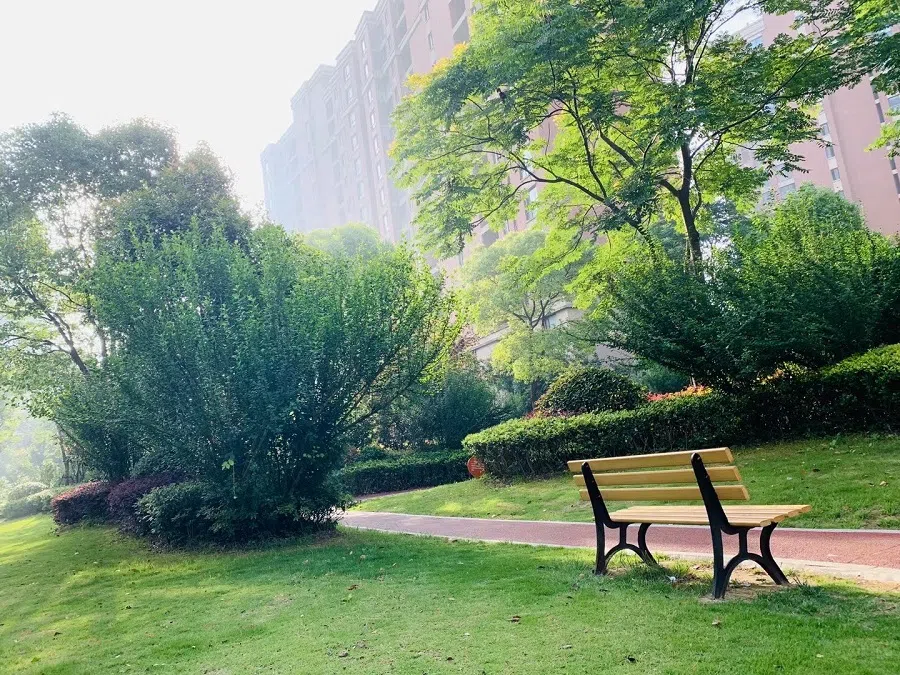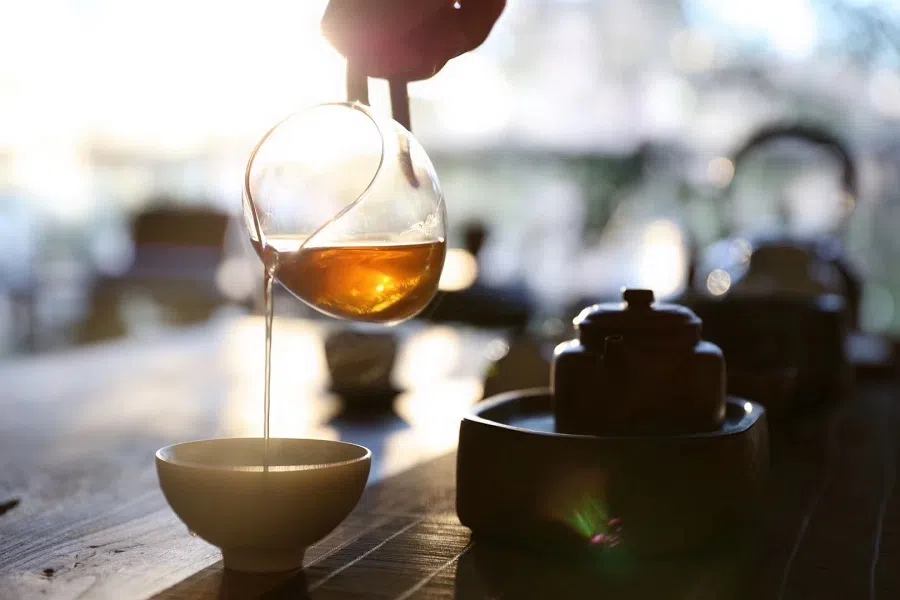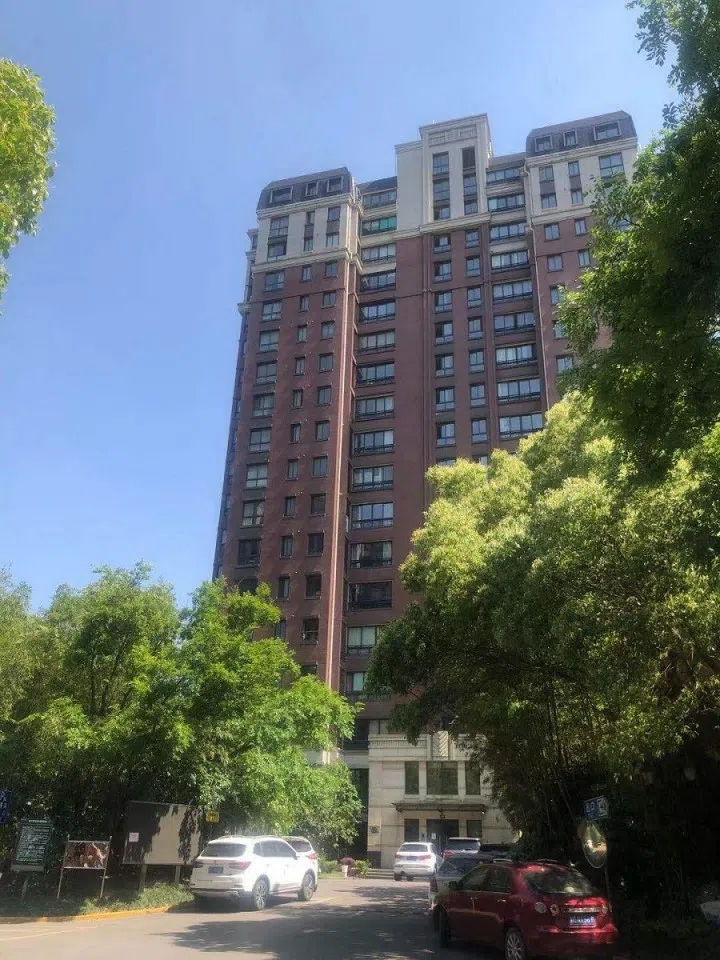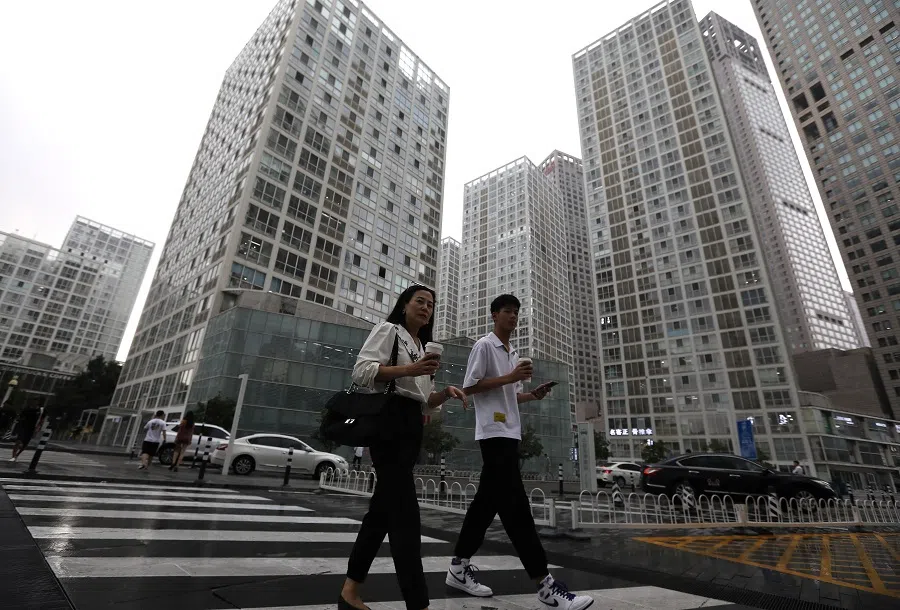More young and single Chinese women buying properties in China's top-tier cities
The trend of single women buying property in China's top-tier cities is on the rise. They do it for many reasons - as insurance for the future, to have more choices, or for good old investment. While it seems on the surface that they are gaining financial freedom and moving away from depending on marriage as a security blanket, it also means they are laden with housing loans or tied down by their parents who often foot the down payments or even the whole cost of the house. Are they swapping one handcuff for another?

"After buying a house, I feel more secure living in this city."
Li Jingnü, 35, an e-commerce executive in Shanghai, had been working in Shanghai for three years when in 2012, with 400,000 RMB (S$84,000) of her savings and 100,000 RMB from her parents, she paid the down payment of an 80 sqm house worth 1.22 million RMB in the outer ring of Puxi.
She was 26 then. Like many who came from elsewhere to seek a better life in the big city, Li bought a house "to have a place she can call her own". She says that the older she gets, the more she realises that a house is not just a roof over her head, but a sanctuary. "Owning a house safeguards my future," she explains.
... the proportion of women homebuyers in cities such as Shenzhen, Tianjin, and Chongqing have surpassed men homebuyers.

Since ancient times in China, setting up home has signified settling down and building one's foundation in life. In the past, buying or owning a house has always been a precursor to a man starting a family. But now, as women gradually earn as much as men, independent living is becoming more popular and many young, single women are joining the army of homebuyers.
Owning a house spurs one on
According to the latest survey on women's living conditions in 2021 released by Chinese online property research platform Beike Research Institute, the proportion of women homebuyers in 30 major Chinese cities increased from 45.60% in 2017 to 47.54% in 2020. Among them, the proportion of women homebuyers in cities such as Shenzhen, Tianjin, and Chongqing have surpassed men homebuyers. In fact, women are becoming the main driving force of the local property market.
Women homebuyers purchase a house for numerous reasons.
Li is in charge of her company's sales and spends half of her time running around different regions in search of new opportunities to expand the company's business. She is worn out from entertaining and dealing with all kinds of clients.
"There was a period of time when I was really tired and felt like giving up. To hell with good performance and high EQ... Put bluntly, high EQ is about knowing how to put up a front and holding it in," Li says in a gush. "I never show my negative emotions because people are used to what they see of me. Only when I am at home and in my room can I remove my mask and return to being myself."

"I'd make myself a cup of tea, cook a pot of porridge, or buy enough hotpot ingredients to fill a dining table," she adds. "I'd slowly sip my drink and eat while watching livestreams, collecting myself and cheering myself on. I tell myself that I already have a place of my own in this city with over 24 million people."
"Wouldn't a single woman be a failure if she does not have her own house when she is 35 or even older?" - Hu Rui, property owner, Chinese woman working with an internet company
A house is a shelter and also an investment
Hu Rui, 36, an employee at an internet company, bought her first house in Beijing when she was 27 with the support of her parents. Two years ago, she bought her second property.
When Zaobao asked her about single women purchasing property, her first reaction was: "What's the difference between a single woman buying a house and a single man buying one? Buying a house is the same as buying stocks and funds, just that it is a larger investment."
She says that most of the single women around her have bought property because "you have to own a house whether you get married or not". After saying her piece, she asked, "Wouldn't a single woman be a failure if she does not have her own house when she is 35 or even older?"
Chen Meijuan, 26, an employee at a credit company in Shanghai's Lujiazui financial district and originally from Chengdu, recently bought a resale apartment in the Baoshan District of Shanghai. This 90 sqm house cost 6 million RMB. Her parents sponsored the down payment of 2 million RMB and she would be taking a bank loan of 4 million RMB for the remaining amount. She told Zaobao that apart from buying a house to live in, she is also optimistic about Shanghai's property market and believes that property prices will continue to rise.

With young, single women in China having the purchasing power to buy property, developers are favouring them over male customers who have an inelastic demand. Some of their marketing materials even have the tagline "Independent women buy houses before they get married" in response to the surge in women homebuyers.
The landscape of the property market has changed. China's property sales offices in major cities used to be dominated by pretty saleswomen. Now it is a common sight to see dashing salesmen earnestly attending to young women homebuyers.
Aided by laws and policies
China's new marriage law and some cities' housing policies have contributed to this wave of single women homebuyers.
Traditional Chinese marriage customs dictate that the bride would be given a matrimonial home when she gets married, and this house is usually supplied by the groom. While some women are fine with moving into a rental home after marriage, their mothers would insist that the future son-in-law buys a house so that their daughter would have a stable life and not be taken advantage of. This phenomenon was once known as the "mother-in-law effect" in driving up property prices.
However, in 2011, China's Marriage Law started emphasising the protection of personal property - properties that the parties owned before marriage would be considered individual assets and not joint assets after marriage. That being the case, the mother of the bride stopped demanding a house from her son-in-law. Instead, she started helping to finance or even buy a house for her daughter in advance.
... it is increasingly common for Chinese parents to buy a house for their daughters before they get married.

Fifty-year-old Madam Gao, a senior executive at a bank, considers herself the type of mother that would actively search for and purchase a property for her daughter. She told Zaobao that she would travel to Beijing from Hefei almost every fortnight to look at houses in the area. Currently, she has her eye on a 110 sqm resale apartment near the subway station at Beijing's Third Ring Road in the southwest. The apartment costs 7.2 million RMB, and is within Gao's budget.
Gao's 25-year-old daughter has been working at her first job in Beijing for less than a year and has yet to find a boyfriend. There are two reasons why Gao wants to fork out millions of RMB at this juncture to buy a house for her daughter. One, as a single mother, her daughter is the closest person to her and all of her property will be left to her daughter. She told Zaobao: "Rather than leaving her an inheritance in the future, I'd rather buy a house for her now as her dowry."
Two, by buying a house for her daughter before the latter gets married, "property risks would be minimised" as the house would be her daughter's asset and "cannot be taken away by anyone even after she gets married".
All in all, it is increasingly common for Chinese parents to buy a house for their daughters before they get married. According to the aforementioned Beike Research Institute survey, 57.54% of single women between the age of 20 and 25 purchase a property with parental support. This shows that parental involvement in their daughter's property purchase is an important reason for the surge in single women homebuyers.
Next, the housing purchase restriction policies of some cities are giving single women a push to buy their own properties as well.

Chen says that according to Shanghai's housing policy, the house that she buys before marriage would be treated as the first property under her name. She would only need to pay 30% of the down payment in cash and enjoy better interest rates for her bank loan. If her future husband bought a house before marriage and she did not do so, the property for their matrimonial home would be treated as the second property which would require a down payment of 70%.
... amid rising divorce rates, women no longer pin their hopes on men to give them a sense of security. They would rather rely on a house they own.
A house provides more security than marriage
When single women in China purchase their own property, some hope to have a roof over their heads, others treat it as an investment, while most are seeking a sense of security in marriage. After all, amid rising divorce rates, women no longer pin their hopes on men to give them a sense of security. They would rather rely on a house they own.
Chen admitted that she was hesitant to sign the 4 million RMB housing loan agreement at first. Even if interest rates are good, based on her monthly income, it would be a heavy burden to pay a 17,000 RMB monthly instalment. However, she pushed away her doubts when she remembered her friend saying, "With a house, you will have more say at home and be more assured of your future."
She told Zaobao, a little abashed, "If I really cannot repay the loan, I still have my parents, right?"
Gao said that apart from using the house as a dowry, there was something more important she wished to impart to her daughter from her lifetime of experience: life will repay those who work hard and financial capability is the guarantee of a better life.
She lamented that after all that she has put in for her six-year marriage, the only thing she got back was her daughter. Conversely, she has been rewarded for every ounce of effort that she has put into her work.
Through her hard work, she progressed from being an ordinary employee in a bank to a senior executive. She now earns a high income and has even invested in two properties in a "new first-tier" Chinese city.

She hopes her daughter can learn from her experience that one must not settle for a man who is unreliable and of a lower financial status. She reminds her daughter that she must not be in a marriage where one lifts the other person out of "poverty". She says indignantly, "If you have a house and a stable job, you can live the life you want without relying on a man."
Having a house may encourage singles to stay single
To Li, a house is not only a place for her to rest as she works hard in a big city but also a sanctuary and a form of security for her future. Currently applying for a Shanghai hukou (户口, household registration), Li is planning to buy a second property after her registration is approved and she has the right to do so.
"I don't know if I will have a husband or a child, or if someone will take care of me when I am old," she says. "If I have one more property, even if I end up in a nursing home and need a helper in the future, I wouldn't be at my wit's end."
"... the more financially independent women become, the more they feel that marriage is unnecessary." - Provost-Chair Professor Jean Yeung Wei-Jun, Sociology Department, National University of Singapore
An increasing number of single women are not only buying houses but buying them in big Chinese cities where property prices are high. They generally believe that "a house provides a greater sense of security than marriage". However, most of them still yearn to get married and start a family. In Chinese society where the traditional view of marriage and love has yet to be completely changed, will they meet Mr Right and finally walk down the aisle?
Assistant Professor Liu Shimeng of Jinan University's Institute for Economic and Social Research told Zaobao that the financial return for property investment has become much lower in recent years. This means that marriage and relationships will not be affected by huge spikes in property prices. But from the perspective of what a house traditionally means for the Chinese, after a woman purchases a house, her need for family stability through marriage is reduced, in turn affecting her willingness and need to marry.

Assistant Professor Liu pointed out that, if a woman has her own house and does not demand that her partner owns one too, it would be good for ending singlehood. On the other hand, if a woman has her own house and demands that her partner also owns a bigger house or even two houses, it would do no good to their singlehood.
National University of Singapore Sociology Department Provost-Chair Professor Jean Yeung Wei-Jun told Zaobao that purchasing property and investing in themselves are good ways for single Chinese women to gain a sense of security. However, in the short term, it may exacerbate the single status of this elite class because the more financially independent women become, the more they feel that marriage is unnecessary.
Professor Yeung says that single women who possess more resources in European and American countries are instead more likely to get married and stay married because social norms have changed and women's economic resources are seen as one of their assets, instead of a threat to men's status. But in China, many Chinese men think that the biggest asset of a woman is her appearance and age.
However, Professor Yeung believes this situation will gradually change as gender roles and male-female relationships slowly transform with the resources of men and women becoming more equal in the future, although such changes will not happen overnight.
Related: Chinese single women ponder love, marriage and freedom | Love in the cloud: China's emerging livestream matchmaking industry | Chinese women in the 21st century: Finding happiness and meaning in life | Rich and wealthy 'little sisters' are the new driving force of Chinese consumerism | China's rising property prices have serious social consequences





